The purpose of the Ph.D. program in aquaculture is to train researchers in the field. It provides students with the tools to do their own research. After completing their degree, the Ph.D. student will present their doctoral thesis, which is a synthesis of their research findings. The dissertation will be up to two thousand words long and will demonstrate the applicant's research capabilities. Typically, students will complete the program within four years.
In addition to preparing researchers for the scientific community, the Ph.D. program in aquaculture aims to improve competitiveness in the marine sector. The degree qualifies graduates for research and higher education positions, including teaching positions. The Ph.D. in aquaculture combines research, teaching, and innovation, to develop and improve the aquaculture sector. The Ph.D. program provides training for scientists, engineers, and technicians who want to work in the primary aquaculture sector and related services. The complementary nature of the different fields of study makes it a highly beneficial choice for careers in marine bioscience and aquaculture.
In addition to the primary goal of the Ph.D. program in aquaculture, it aims to prepare future doctors in the field of aquaculture. These professionals must have a strong background in the biological sciences, as well as in various scientific disciplines. They must also be able to integrate into the state and private sectors and be involved in innovation. These professionals are expected to improve aquaculture production systems worldwide. The goal of this program is to create the next generation of scientists who will make a difference in aquaculture.
Eligibility:
Candidates who want to take admission in Ph.D. must have a post-graduate degree in agricultural or related science with at least 55% marks from a recognized university and must have passed the national level entrance examination or university level entrance examination. National level entrance exams like UGC NET / UGC CSIR NET / GATE / SLET or University entrance exams consist of written tests and personal interviews.
The Benefits of a Ph.D. in Aquaculture
The benefits of a Ph.D. in Aquaculture are countless. The first benefit is that you'll be able to use your training to advance your career in the industry. Regardless of whether you're working on the management of aquaculture production or on the production of fish and aquatic animals for human consumption, your Ph.D. will help you solve important challenges in the aquaculture industry. In addition to helping you find a new job, a Ph.D. in Aquaculture can also help you develop the skills necessary to lead a successful business.
The career and future scope of a Ph.D. in Aquaculture
Ph.D. in Aquaculture has various benefits, such as it enables you to develop a career in a highly sought-after field. This degree also opens up doors to entrepreneurship and self-employment. There are many opportunities in the world of fisheries. There are many government departments that support fisheries, including state and national level agencies. With a Ph.D. in Aquaculture, you can apply for different posts, which include professorships, research projects, and even a business opportunity. In addition to these, the field also has several job opportunities in institutions, fishing, and other sectors.
Those with a Ph.D. in Aquaculture can work in a variety of fields, including sea farming, fisheries management, and biochemistry. With a Ph.D., you can also work in government agencies as a shellfish culturist, fisheries extension officer, or district fisheries development officer. Although these positions are not highly paid, they can be highly fulfilling.
Those with a master's degree or doctorate in Aquaculture can find a variety of jobs. They can work as fisheries development officers or in government agencies. Their job description varies by state, but most graduate students will land positions such as assistant fisheries development officer, fisheries extension officer, or district fisheries development officer. Eligibility requirements vary by location, but you can get a better idea of what you can expect from the program by checking with the Public Service Commission and the Service Selection Board.
After graduating from a program with an M.S. or Ph.D. in Aquaculture, you can choose to pursue a career in sea farming, aquaculture management, and shellfish culturist. A Ph.D. in Aquaculture will help you work in all of these fields. And, you will be a well-rounded professional who is ready for a variety of jobs.
Graduates with an M.S. or Ph.D. can find employment in the private sector or as an instructor. They can also work in the fish industry as research assistants, scientists, and even entrepreneurs. However, the pay will vary. A master's degree in Aquaculture will be a lucrative and rewarding career choice. So, if you have the interest and desire, consider a Ph.D. in Aquaculture.
The career and future scope of a Ph.D. in Aquaculture depends on the field's growth. It can be a profitable field or a hobby, but the potential for income is tremendous. With an M.S. in Aquaculture, you can find employment in the field as an educator, researcher, or consultant. You can work in any environment, including those in the marine sector.
Course Duration:
The Ph.D. Aquaculture courses are a minimum of 3 years and a maximum of 5 min duration.
This depends on the university offering the course.
Course Fees: The average fee for Ph.D. The aquaculture degree is between INR 50000 and INR 500000.
 5 Years
5 Years
 PhD
PhD
 Research
Research








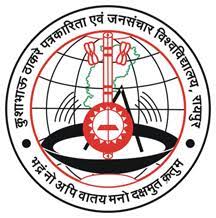
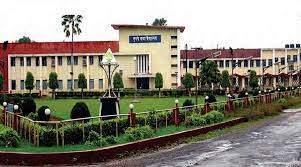
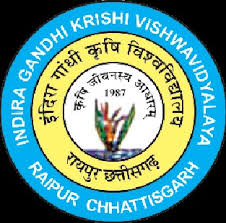
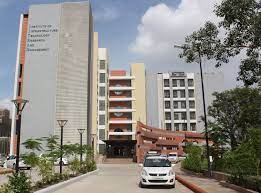
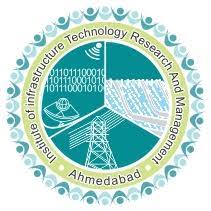

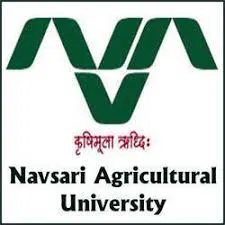


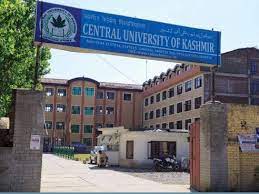

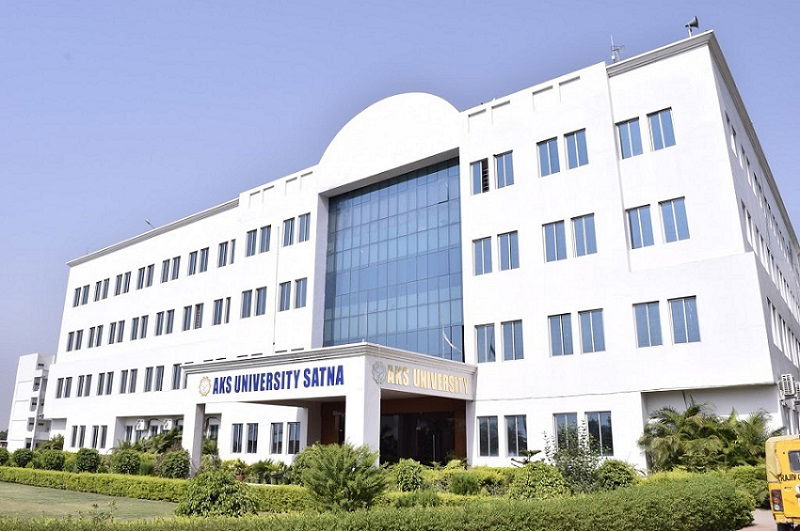
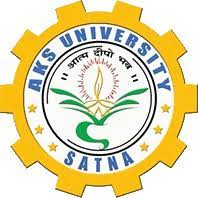
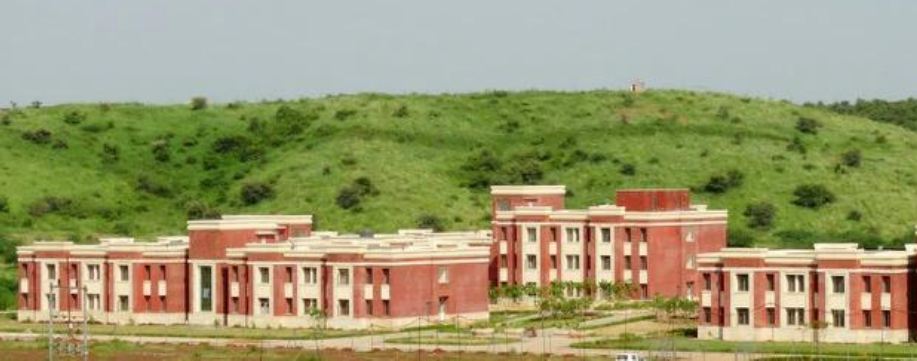

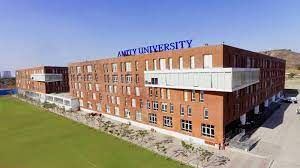
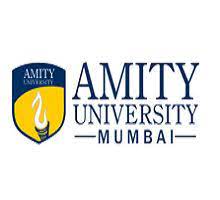


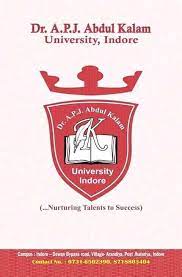
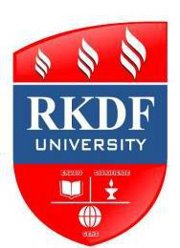
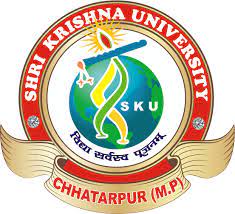



 back
back